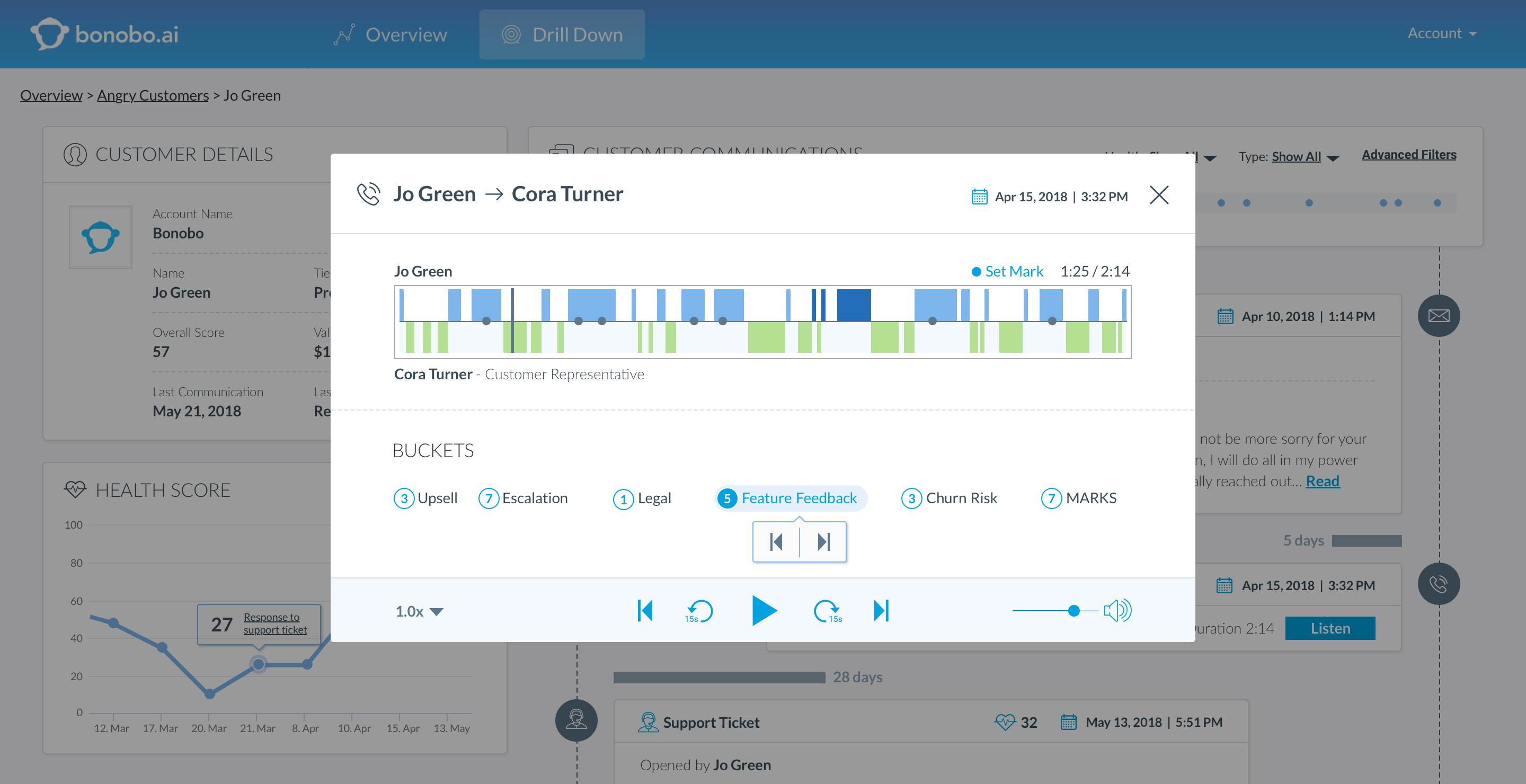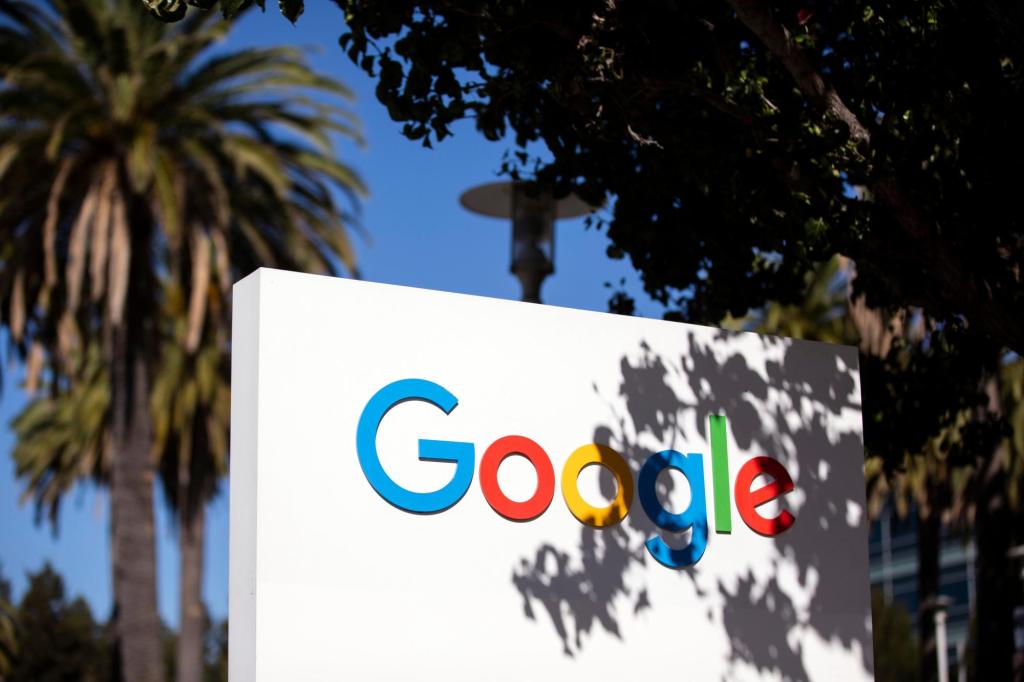Bonobo AI, an AI-based platform that helps companies get insights from customer support calls, texts, and other interactions, announced today that it has raised $4.5 million in seed funding led by G20 Ventures and Capri Ventures. Founded in 2016 and led by co-founder and CEO Efrat Rapoport, the Tel Aviv-based startup claims that its technology has been used to analyze more than a billion interactions so far and that it has signed up a “few dozen” clients including DreamCloud and Honeybook.
The idea behind Bonobo is that even though customer service texts and voice calls can provide companies with a trove of valuable information, these data points are difficult to aggregate and analyze at scale. Bonobo’s technology integrates into the platforms that its clients use to communicate with customers, like Gmail, Zendesk, or Twilio) and CRM platforms like Salesforce or Hubspot. Then it analyzes interactions for “events of interest in calls,” Rapoport told TechCrunch, like “when customers ask for a discount, complain, ask for a missing feature, become dissatisfied, etc.”
There are two main types of issues that Bonobo helps its clients with. One is opportunity detection, or identifying things that can either help the closing of a sale, like features that have proven popular among past buyers, or hinder it, such as customer questions that aren’t satisfactorily answered. By doing so, Bonobo is also able to help clients create very targeted marketing campaigns. For example, instead of sending marketing material all customers who need to renew their subscriptions, Rapoport says Bonobo’s clients can create campaigns to help retain customers who need to renew their subscriptions but have complained about the price being too high or missing a feature.
Another example of how Bonobo can increase conversion rates is predicting customer cancellations and other potentially costly issues. For example, one vehicle repair company was losing millions of dollars due to cancelled jobs. Bonobo helped it identify factors associated with a higher likelihood of cancellations during customer interactions with the company’s representatives, which helped it retain thousands of customers.

The second is risk detection. For example, Bonobo detects if a customer starts mentioning a competitor, threatens to post their complaint on social media, or brings up problems that are a legal or compliance risk. Rapoport says that Bonobo’s technology can identify specific segments in conversations, so companies can review it directly from Bonobo’s dashboard without having to perform a time-consuming search.
Rapoport says that she and her co-founders (CTO Idan Tsitiat, COO Barak Goldstein, and VP of research and development Ohad Hen) began working on Bonobo after they realized that while there are many tools from companies like Tableau, Oracle, Microsoft, SAP, and Salesforce for gathering insights from structured data (like customer behavior on websites), very few exist for analyzing unstructured data, including conversational data, at scale. “It’s easy to measure how many people go to their cart but then change their mind and exit, but how do you do the same on thousands of customers calls? How do you know what’s the reason customers change their minds?” says Rapoport. “That’s the gap we are filling.”










